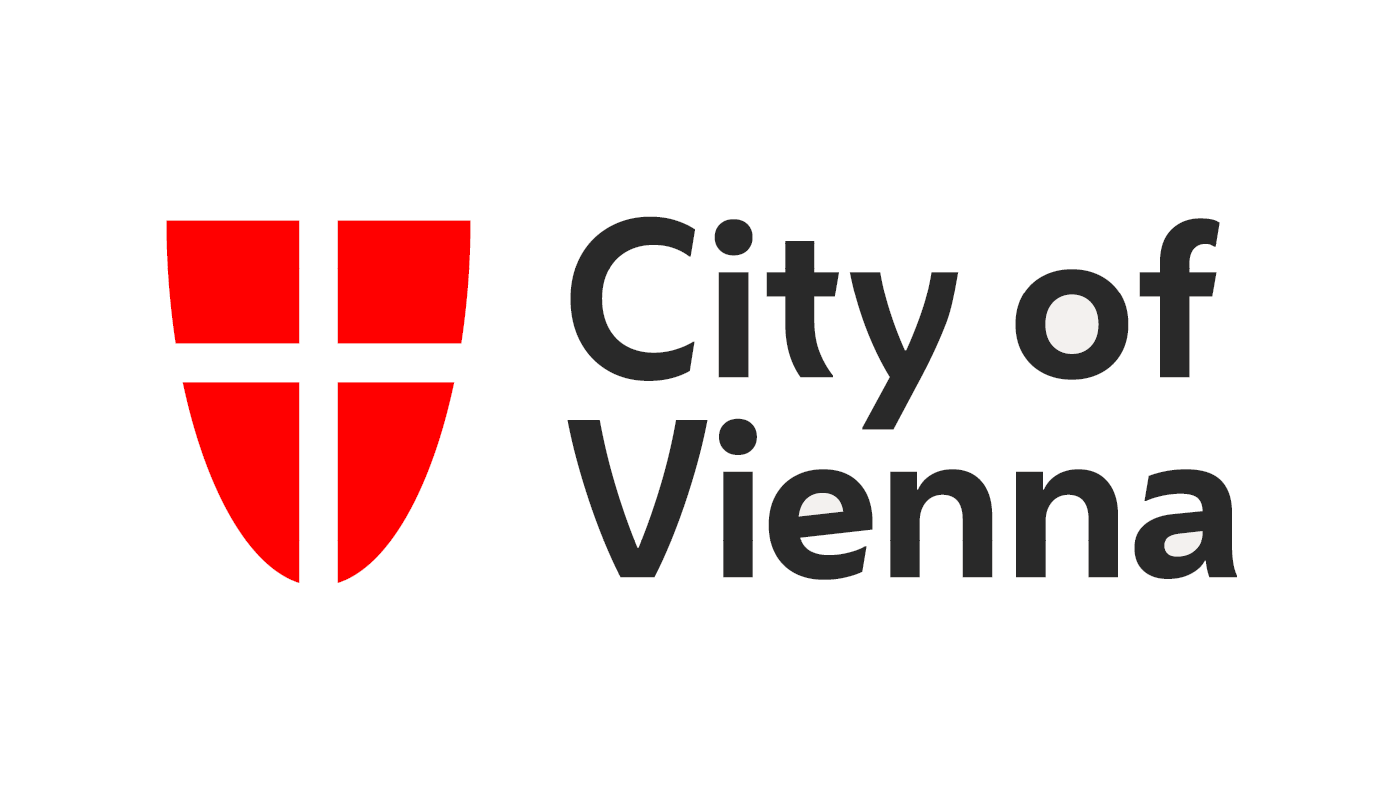Privatisation, commodification, marketisation, austerity, et cetera did not leave Europe’s public health systems untouched. A pandemic is the ultimate stress test for health care systems’ preparedness and resilience. Such preparedness does not only concern the systems’ capacities to maintain operations, but is also deeply entrenched in health equity, justice and solidarity. DeBruin et al. (2012) argue that pandemic influenza planning does not appropriately consider health disparities in two ways: First, neutrality in procedural justice ignores the unequal distribution of disadvantages in different socioeconomic and ethnic groups. Second, major barriers, e.g. distrust in institutions, lack of information, lack of health insurance, produce very unequal access to health care. Benjamin (2020, p. 3) emphasises: “Strengthening public health systems should be a global priority for addressing health equity. The COVID-19 pandemic is imposing enormous strain on public health systems and is a tragic example of the need for strong systems to promote and protect health and ensure health equity. A well-resourced and properly-structured public health system that is accountable, properly resourced […] can meet the needs of vulnerable populations and ensure equity is achieved across the lifespan in all communities”. Haldane et al. (2020) stretch the importance of people centeredness, solidarity, and whole-of-government approaches in building up health system resilience that is needed to collectively prevent and manage public health crises. Stein and Sridhar (2017) argue that pandemic preparedness is a ‘global public good’. Overall, the COVID-19 pandemic made evident the advantages of universal coverage and of long-term public health plans, while maintaining flexibility to upgrade capacities and to adapt to high degrees of uncertainty (Waitzberg et al. 2022).

